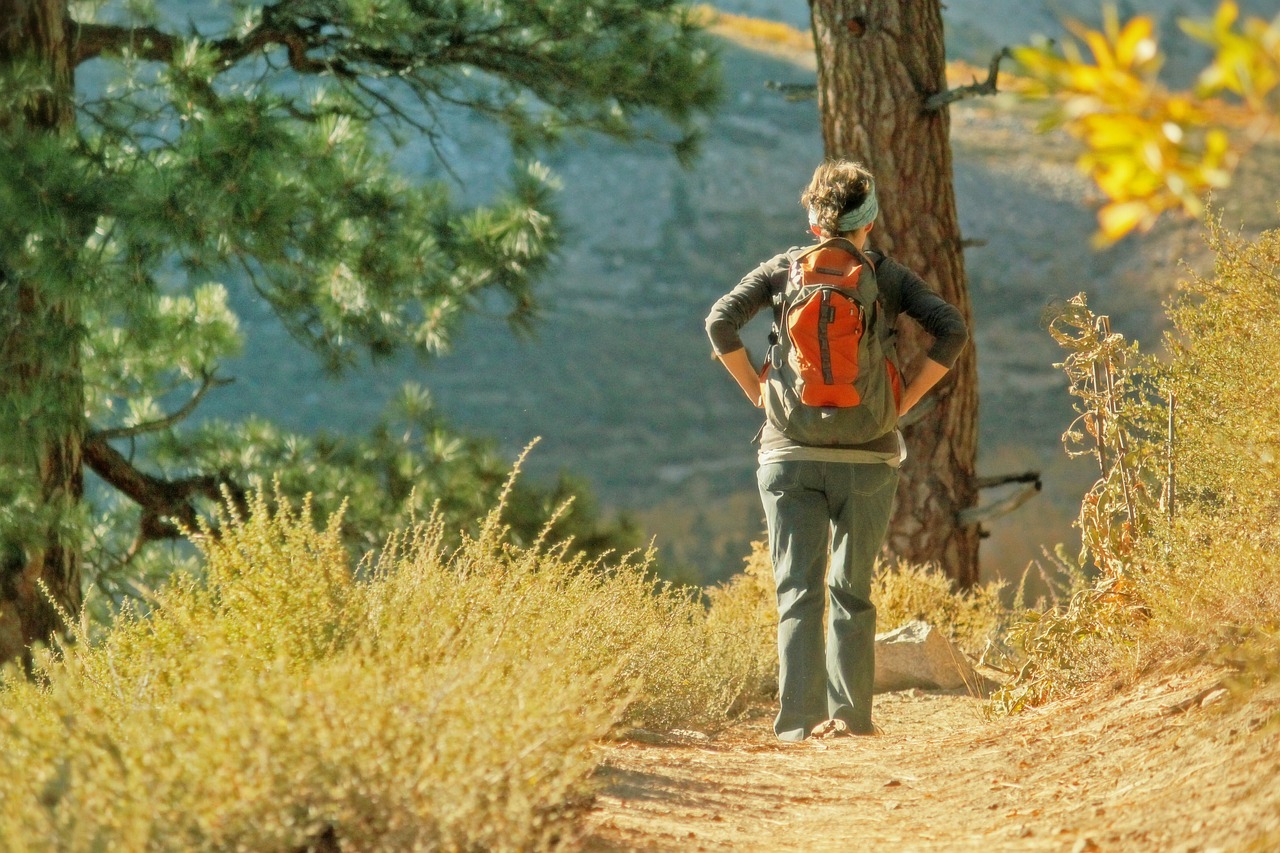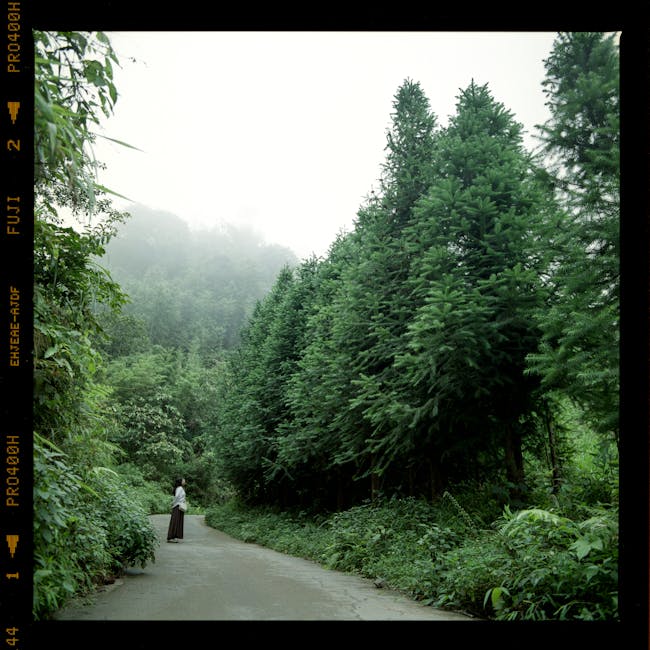How Traveling Can Help Deal with the Loss of a Loved One
Losing a loved one is one of life’s most profound and challenging experiences. It can leave us feeling lost and searching for ways to cope with the intense emotions that follow. While grieving is highly personal, many people find comfort and healing through travel. Venturing into new environments can offer fresh perspectives, help create meaningful memories, and offer a path towards emotional recovery. This article explores how traveling can help individuals deal with loss by providing insights and practical advice for those seeking healing through exploration.
The Therapeutic Power of Change: Embracing New Environments

When grieving, familiar surroundings may remind us constantly of the person we lost, evoking emotions that can be overwhelming. A change of scenery can provide a fresh perspective, offering a respite from these persistent reminders. Immersing oneself in new environments forces the mind to focus on the present, creating opportunities for reflection and emotional processing. This temporary escape from familiar settings allows individuals to see the world through fresh eyes and gradually come to terms with their loss.
Finding Solace in Nature: The Healing Effects of the Outdoors

Nature is known for its calming and restorative qualities, offering a therapeutic escape from the chaos of everyday life. Whether it means walking along the beach, hiking in the mountains, or simply sitting under a tree, being in nature can soothe both the mind and the body. Engaging in outdoor activities like those experienced by Maggie Shipstead on Sweden’s King’s Trail—such as hiking—not only moves our muscles but also connects us to the earth, acting as a form of moving meditation. This connection with nature can provide a grounding experience, helping people process grief through gentle movement and peaceful surroundings.
Creating New Memories: Building Positive Associations

While cherished memories of loved ones can be a source of comfort, creating new memories is crucial for emotional healing. Through travel, individuals have the opportunity to form positive associations with new places and experiences, encouraging a sense of accomplishment and joy. These fresh experiences can coexist with older memories, contributing to a more balanced emotional state. Engaging in travel adventures helps individuals forge new pathways in life, blending their past with their present, and fostering inner peace.
The Role of Pilgrimage: Seeking Meaning and Connection

For some, travel serves a deeper purpose in the form of pilgrimage—a journey to a place of spiritual or personal significance. Such trips can offer a sense of purpose and connection, helping individuals honor their deceased loved ones and explore their beliefs about life and loss. Whether it means visiting a favored place of the deceased or a renowned spiritual site, pilgrimages can provide a structured means of coping, allowing mourners to seek solace and understanding during their journey.
Engaging in Cultural Practices: Learning from Global Perspectives on Grief
Traveling opens doors to diverse cultural practices and perspectives on grieving and loss. Every culture has unique ways of mourning and honoring the deceased. Experiencing these traditions can offer new insights into grief management, showcasing alternative coping mechanisms that might resonate with the travelers. Traveling to lands with different customs can enlighten individuals on navigating loss, sparking an appreciation for the shared human experience of grief across the world.
Writing as a Companion: Documenting the Journey
Keeping a travel journal is a therapeutic exercise that allows individuals to express their thoughts and emotions freely. By writing about their travel experiences, individuals can process their grief, using the journal as a private outlet for reflection. Journaling provides space to explore emotions, capture memories, and articulate experiences that might otherwise go unspoken. This exercise can serve as a powerful tool for healing, preserving both the journey’s significance and personal growth.
Rediscovering Joy: Allowing Moments of Happiness
Grieving individuals may feel guilty about experiencing joy during mourning. However, travel presents myriad opportunities for spontaneous happiness, whether through witnessing a breathtaking view, tasting new cuisines, or engaging in local celebrations. These small moments of happiness can serve as reminders that joy can coexist with sorrow, reinforcing the notion that it’s okay to embrace moments of pleasure during the healing journey. By opening themselves to joy, mourners can find comfort in life’s simple pleasures.
Building Resilience: Overcoming Challenges on the Road
Travel often comes with its own set of challenges and hurdles. Some encounters might include navigating language barriers, managing logistical issues, or coping with unexpected travel changes. By addressing and overcoming these obstacles, individuals can build resilience and confidence—qualities that can translate into their journey of dealing with grief. This hard-earned resilience strengthens emotional fortitude, preparing individuals to face life’s complexities with renewed assurance.
Connecting with Others: Finding Support in Unlikely Places

Meeting new people during travels can offer unexpected sources of support and companionship. Fellow travelers or welcoming locals might share stories, provide a sympathetic ear, or simply offer a friendly chat. These interactions can alleviate feelings of isolation and remind individuals of the human connection that persists despite personal loss. Through traveling, people can find solace in shared narratives, forging friendships that transcend borders.
Returning Home: Integrating the Journey into Daily Life

Even when a journey ends, its impact on healing can carry on. Upon returning home, individuals can integrate the newfound experiences and insights into daily life. The lessons learned and the memories made can serve as ongoing sources of strength and comfort during the continued journey of coping with loss. These experiences encourage adaptation and personal growth, signifying that healing is an ongoing process enriched by the travel adventures that helped pave the way.
